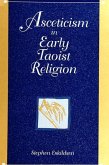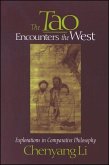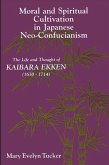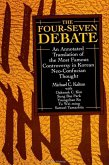The Laozi has been translated hundreds of times into Western languages during the last two hundred years. It has become the book of Chinese philosophy most widely appreciated for its philosophical depth and lyrical form. Nevertheless, very little attention has been paid to the way in which this book was read in China. This book introduces the reader to a highly sophisticated Chinese way of reading this Taoist classic, a way that differs greatly from the many translations of the Laozi available in the West. The most famous among the Chinese commentators of the Laozi -- a man appreciated even by his opponents for the sheer brilliance of his analysis -- is Wang Bi (226-249). Born into a short period of intellectual ferment and freedom after the collapse of the Han dynasty, this self-assured genius, in the short 23 years of his life, dashed off two of the most enduring works of Chinese philosophy, a commentary on the Laozi and another on the Book of Changes. By carefully reconstructing Wang Bi's Laozi text as well as his commentary, this book explores Wang Bi's craft as a scholarly commentator who is also a philosopher in his own right. By situating his work into the context of other competing commentaries, and extracting their way of reading the Laozi, this book shows how the Laozi has been approached in many different ways.
Bitte wählen Sie Ihr Anliegen aus.
Rechnungen
Retourenschein anfordern
Bestellstatus
Storno





